Sector Insights
What is it like to live here?
What support do communities need?
How do community organisations respond?
What can we all do to create a better future?
As the infrastructure organisation for the Lancaster District, LDCVS believes that we plan and work more effectively when we understand the answers to questions like these.
By building knowledge of our communities and the organisations which exist to support them, we can better communicate the voluntary sector’s needs, worries and aspirations among our local and regional partners in government, business and public services.
Two of the ways that help us gather these answers are by recording the information we receive from our members at networking sessions and special events, and by asking the sector at large to respond to regular questions which take a snapshot of their feelings around a particular issue or theme.
We’ll be updating this page regularly with links to our reporting and commentary alongside questionnaire and survey results, creating a window into our membership’s opinions.
Looking in-depth
Community Health Officer Jenny Reddell describes the methodology and outcomes of the Phoenix Takes Flight research project, where experts by experience, community providers and health and social care professionals developed six key recommendations for a model social prescribing programme.
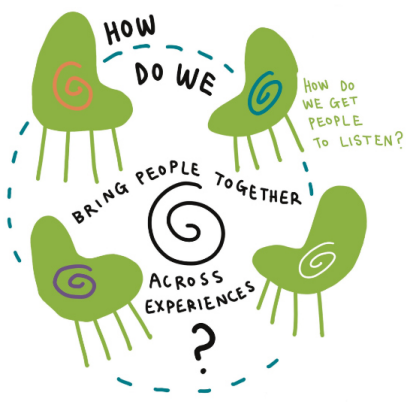

How should disability access in the Lancaster District be improved? A new cross-sector partnership invited people to discuss transport, buildings, attitudes and the environment, generating headline recommendations.
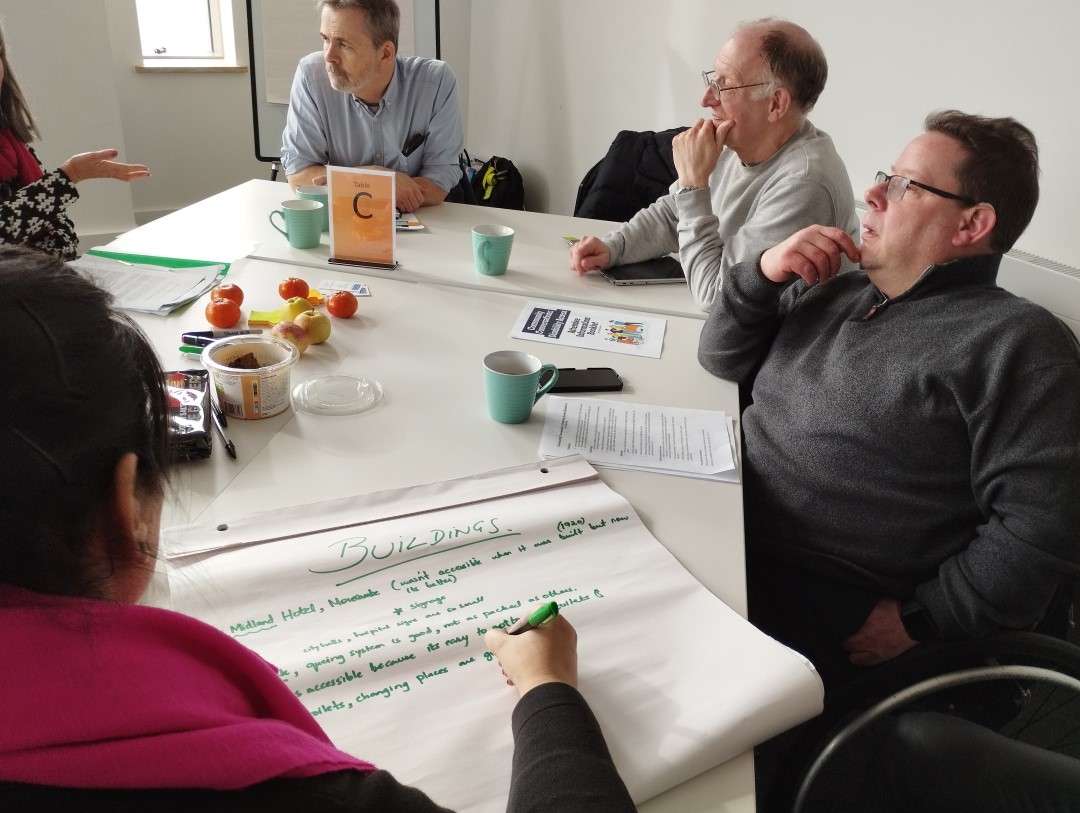

Lancaster District CVS has been working with the Westminster Foundation to offer direct grants to community organisations for free food support to families, children and young people. We invited the grantees to discuss the benefits, challenges and opportunities around this granting model, and to talk about what they’d like to do in the future.
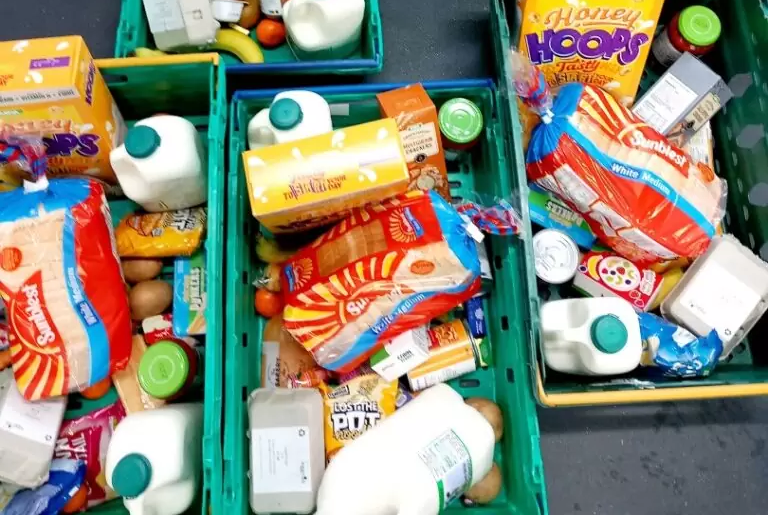

FestiVOL is our the annual celebration of our district’s voluntary sector.
As part of the 2023 event, delegates took part in workshops discussing four areas where the involvement of community organisations has been changing: volunteering in arts & culture, intergenerational projects, children & young people’s projects, and social prescribing.


Snapshots & Sentiments
Every fortnight since the beginning of May 2024, we’ve used our weekly Bulletin to ask our sector a question. We’ve asked about current pressures, future plans, aspirations, ideas, risks, opportunities or opinions.
Importantly, everyone receiving the Bulletin is encouraged to respond, whether or not they are in a leadership position or directly involved with any particular issue or type of work. We’re collating and regularly updating their responses on this page.
We wanted to know which sources of funding our members thought presented the best opportunities for their organisation.
Project funding from grants and nurturing partnership activity is a major part of our work as a CVS, and our members said they are important. But we also discovered that raising funds from individuals was more important than we had anticipated, and that opportunities for public sector contracts and social investment were unlikely to be taken up.


We asked our members about some of the challenges that our sector has faced at a national level since the COVID-19 pandemic, to take the temperature of the sector in our district compared to the rest of England.
While being able to cover core costs, project costs and managing to recruit volunteers are seen as significant difficulties, recruitment of staff or dealing with increased fixed costs may be less challenging in our area.
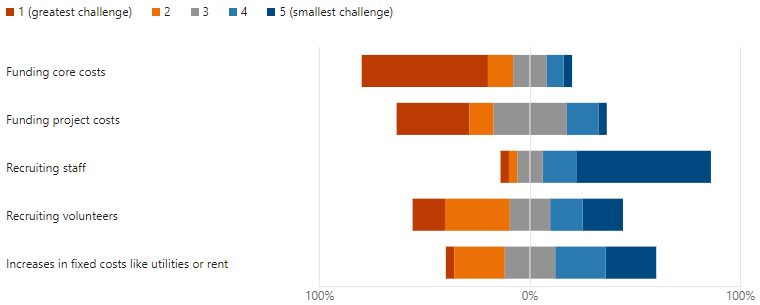

Towards the end of the COVID-19 emergency, we asked our members what had happened to any reserves their organisation had built up. At that time, 65% of respondents told us that they had used, or planned to use some or all of their reserves.
The situation in 2024 was little better, with over half of respondents saying that they thought it was very or somewhat likely that their organisation would use reserves to cover core costs.
More positively, members are keen to grasp other opportunities, with a significant number interested in using technology to save time or money, and around a quarter anticipating making a grant application worth more than £100,000.


We wanted to know what, in the opinion of the Bulletin’s readers, is the single most pressing worry for the people they support.
Although as a CVS we are not always in direct contact with service users, the results didn’t come as a surprise, with over a third of respondents in August 2024 telling us that the cost of living remains the major concern, followed by loneliness/isolation, housing, and climate change.
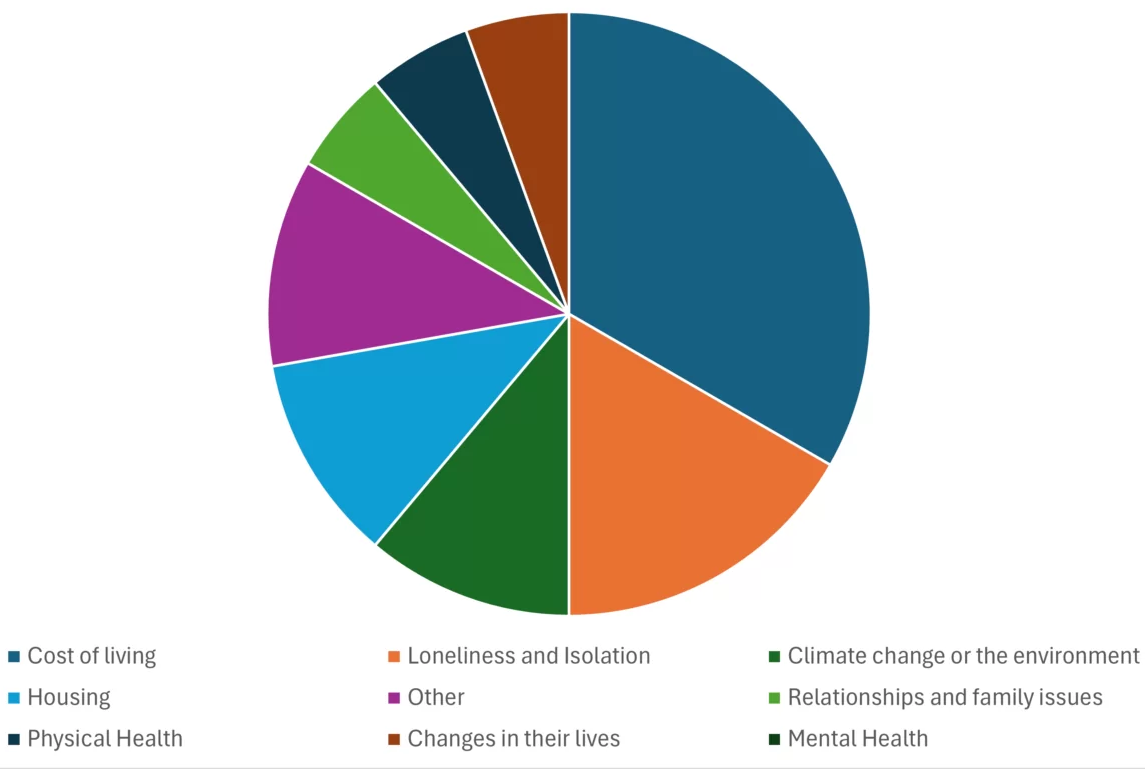

We wanted our members to start to tell us about practical things that could be done to make a better future. To inform us about topics we could discuss, we asked them to think about the bigger picture by imagining they’d been granted a wish. How would they use it to improve the Lancaster district?
Responses cohered around four areas of work. We’ll be following up through the autumn by asking our members to turn away from wishes and tell us about practical action they think we could take as a CVS and as a sector to make an impact in these areas.


Practical action to improve our local environment
We asked our members to tell us about practical actions that we could all engage with in order to achieve the wish of improving our physical environment. Among a number of excellent suggestions, they suggested that collectively we could:
- Study and respond to the Our Food Futures strategy and sign up to the Good Food Manifesto.
- Convene an event which shares information about and between initiatives already taking action to improve the environment, and find out more about what specific action the community would like to see.
- Encourage people to reduce, reuse, repurpose and recycle so that they can take individual action.
- Build relationships with private sector organisations who would like to find opportunities to expand their social responsibility activity.
- Encourage our staff and volunteers to travel in more sustainable ways, recycle and reuse in our premises, and save energy where possible.
- Develop a focused bootcamp event around setting up a group, finding easy to access funding, and launching new initiatives.
- Commit to having more pollinating plants on our premises and cutting the grass less often.
- Engage with Lancaster Civic Vision’s The Street Are Ours project which meets monthly to weed and litter pick around the city. People interested in joining can contact Peter Wilshire by email at [email protected]
- Make unloved spaces greener through planting. Ros Jones is part of working group interested in setting up a nature festival and achieving additional planting – contact her by email at [email protected] for more information.
